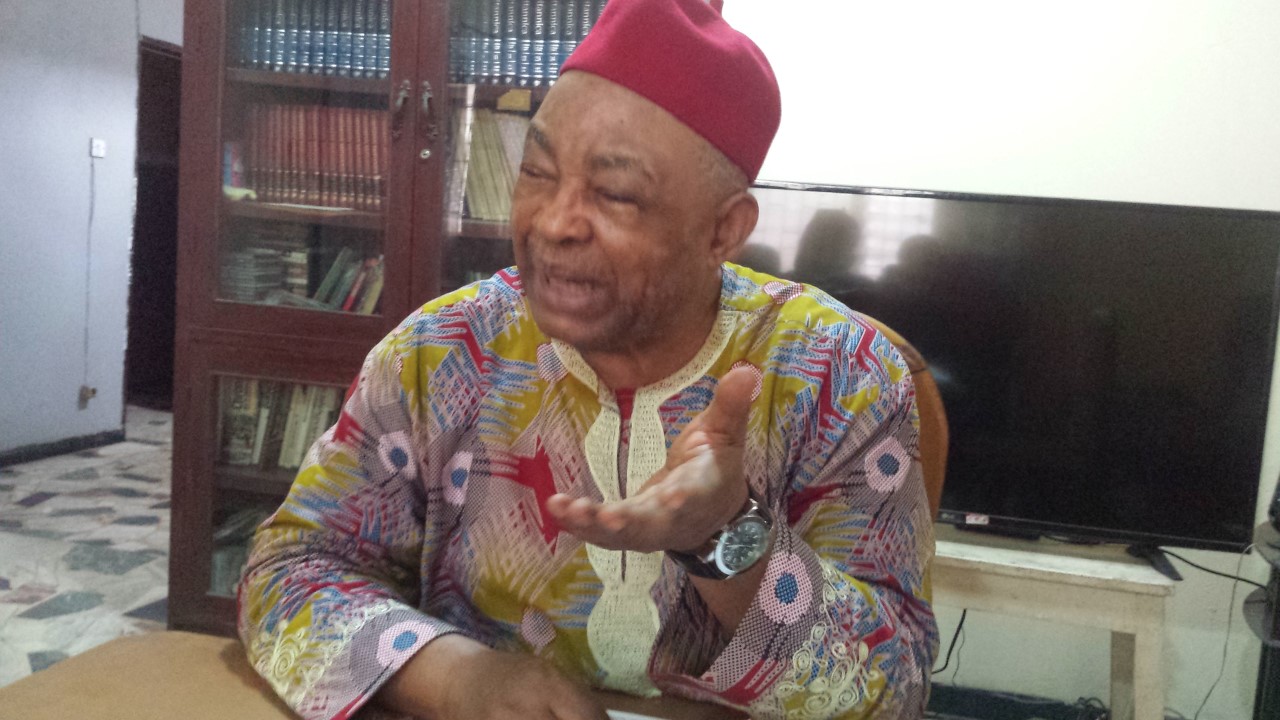The Chairman, Motor Vehicles and Miscellaneous Assembly Sectoral Group of the Manufacturers Association of Nigeria (MAN), Dr David Obi, has said that the recent flag-off of sustained shipment of used cars from China to Nigeria is worrisome developments that may sound the death knell for the local auto industry.
Hence, he has warned the Federal Government to takes urgent steps to halt the export or impose heavy duties on the vehicles.
The Chinese Ministry of Commerce had recently announced that a state-backed company in Guangzhou had officially commenced the shipment of used cars to Cambodia, Myanmar and Russia with Nigeria as one of the major destinations for the first batch of 300 units.
ALSO READ: Rice worth over N145bn smuggled into Nigeria since January ― Rice processors
But Obi said this recent “Chinese gift” was not only shocking but would also amount to opening the floodgates for used vehicles to submerge the local industry.
According to him, when the impending ‘Chinese used car Armada’ is viewed alongside the rejection of the auto policy bill by the Presidency, what has befallen the auto the industry can be described as “double tragedy” that will take a heavy toll on scarce foreign exchange and employment.
Obi, who is the Chairman of DVC Group (which plays vital roles in the auto industry), warned that if allowed to flood the local market, the used vehicles from China would finish the damage the influx from Europe and America has been inflicting on the local industry over the years.
The export of Chinese vehicles to Nigeria, it was reported, was expected to deepen implementation of China’s Belt and Road Initiative (BRI), promote the stable growth of foreign trade, and increasing demand for new vehicles in China.
But, Obi warned that with the ban on production and sales of fossil fuel cars by some Chinese provinces, European countries and other parts of the world, taking due to take effect in a few years, Nigeria should not open its borders for the dumping of disused {internal combustion engine} vehicles from the industrialised countries.
“I was shocked. I was alarmed,” Obi stated. “Everybody knows that once China joins the used vehicles’ shipment to Nigeria, we are finished. Moreover, the shipment is an official initiative of the Chinese government and will be sustained over the years, which means that millions of fossil fuel vehicles driven in China will end their life-spans in Nigeria as the Chinese look forward to electric cars.
“Luckily for them (the Chinese), we are relieving them of the burden of disposing of vehicles they can no longer use. But, unfortunately for us in Nigeria, our government does not seem to realise the implications of allowing this kind of dumping.
“One of the implications of Chinese second-hand vehicles flooding the Nigerian market is that all the efforts being made to promote local auto assembly, deepen auto technology and generates jobs, would definitely be stifled. To me, what should be of concern to the government and all well-meaning Nigerians is the loss of jobs, because the auto industry is like a network which impacts on many other sectors of the economy.”
He lamented the refusal of President Muhammadu Buhari to give assent to the Nigeria Automotive Industry Development Plan (NAIDP) Fiscal Incentive and Guarantees Bill, arguing that the Chinese are simply taking advantage of a loophole resulting from the lukewarm implementation of the auto policy.
“One of the many implications of a legal framework for the policy and the imminent invasion of Chinese “tokunbo” vehicles is that many renowned OEMs (original equipment manufacturers), who are afraid to invest in Nigeria because of our usual policy summersault, will remain reluctant because there is no assurance that their investments will be protected.
“It is also very ridiculous to hear the argument that “tokunbo” vehicles are not on the import prohibition list and therefore should be allowed to freely come in as long as they are not old. The emphasis should rather be on the loss of jobs resulting from the present inactivity in the auto manufacturing sector.
“And there is no way the situation will improve if we continue to allow used vehicles to flood into the country while we take one step forward and two steps backwards with the auto policy.”
Last week, auto industry stakeholders expressed outrage over the impending arrival of Chinese vehicles at the ports. They advised the Nigerian government to take a cue from the United States of America, which has been locked in a trade war with China over the need to protect American manufacturers and their products from the invasion of imports from the Asian country.
Recalling how he received the news of the coming of used vehicles from China, an auto industry analyst and Senior Vice President (Strategy and Development), Centre for Values in Leadership (CVL), Rasheed Adegbenro, said, “when I got the information, my immediate reaction was, ‘used vehicles from China? We are finished!’ ”
The vehicle brands expected to arrive Nigerian ports soon from China include Land Rover, Toyota, Hyundai, Volkswagen, Trumpchi, King Long, Yutong, Zhongtong and WOHO.






